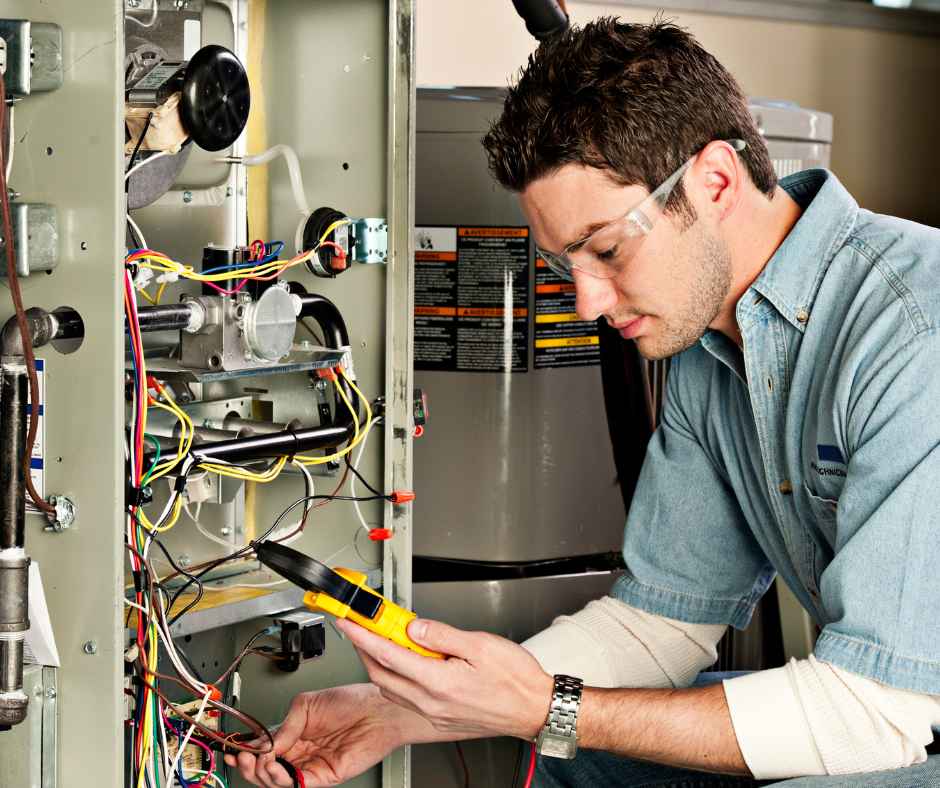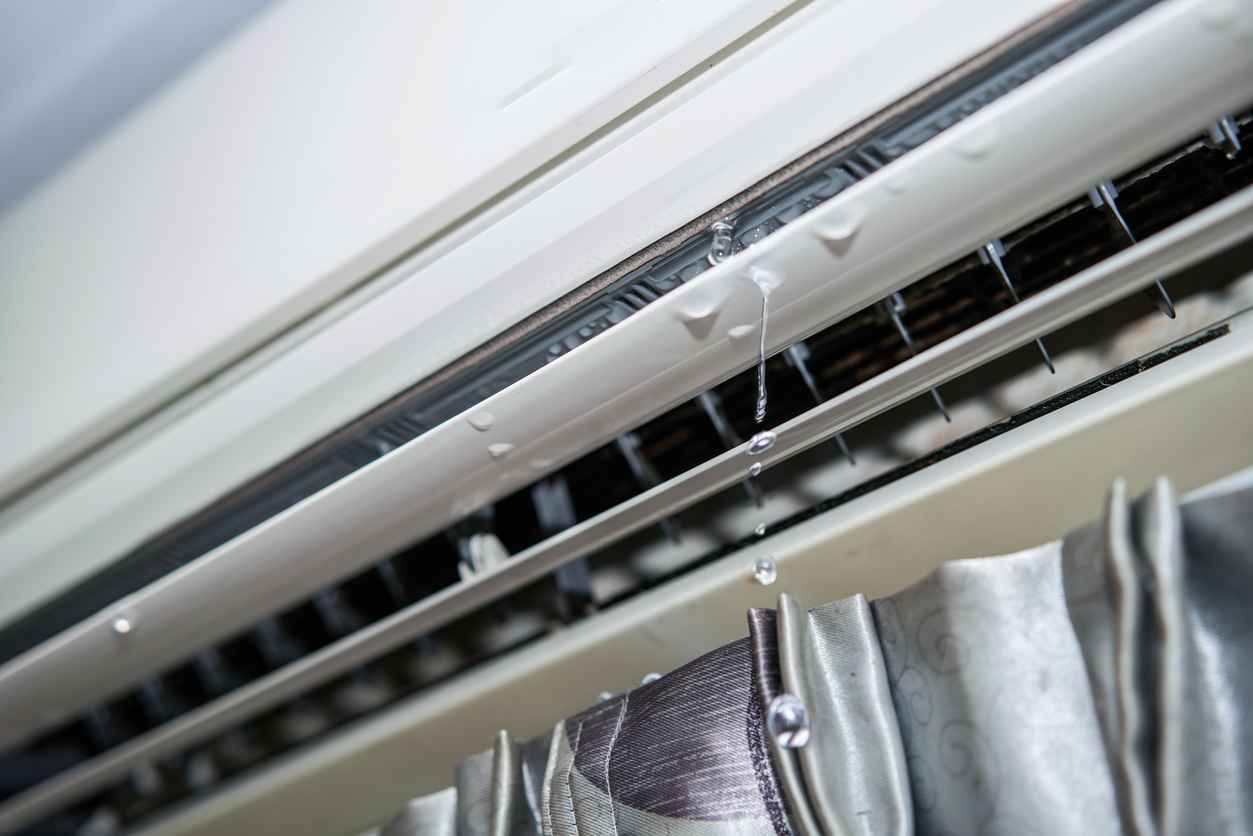
How to Fix an Air Conditioner That Is Leaking Water Inside
July 12, 2023
The Complete Guide to Fixing a Leaky Air Conditioner
A leaking air conditioner can be more than just a nuisance, it can lead to serious damage and costly repairs. As the temperatures start to rise during the summer months, this is the last thing you want – which is why repairing a leaky air conditioner should be one of your top priorities.
A functional air conditioner not only provides a cool oasis in the scorching heat but also plays a vital role in maintaining indoor air quality and promoting overall well-being. From condensation to a disconnected drain pipe, there are many reasons why your air conditioner might be leaking water. Fortunately, Craig’s Services is here to discuss the signs of a leaking air conditioner and a step-by-step guide on how to fix it.
What Are Signs of a Leaking Air Conditioner Unit?
Detecting signs of a leaking air conditioner is crucial to addressing the issue promptly and preventing potential damage. Here are some common signs that indicate your air conditioner may be leaking:
Water Stains or Puddles
Noticeable water stains or puddles around the air conditioning unit or nearby walls, floors, or ceilings are clear indicators of a leak. The presence of water in areas where it shouldn’t be is a strong sign that something is amiss with your air conditioner’s drainage system.
Dripping Sounds
If you hear dripping sounds coming from your air conditioner or notice a consistent dripping noise, it likely suggests a water leakage issue. The sound of water dropping can be an audible clue that water is not draining properly from the system.
Increased Humidity Levels
One of the primary functions of an air conditioner is to remove excess humidity from the indoor air. If you notice an unusual increase in humidity levels within your home, it could be a sign that your air conditioner is not effectively dehumidifying the air due to a leakage problem.
Musty Odors
Accumulated moisture resulting from a leaking air conditioner can create a favorable environment for mold and mildew growth. If you detect musty odors in the vicinity of your air conditioner or in the areas affected by the leakage, it could indicate the presence of mold, which requires immediate attention to prevent health issues.
Step-by-Step Guide to Fix a Leaking Air Conditioner
While fixing a leaking air conditioner may require professional assistance in some cases, there are a few troubleshooting steps you can take to address the issue. Here is a step-by-step guide to help you address a leaking air conditioner:
Step 1: Turn Off the Air Conditioner
For safety reasons, turn off the air conditioner completely before attempting any troubleshooting or repair.
Step 2: Check the Condensate Drain Line
The condensate drain line is responsible for carrying away the water collected by the air conditioner. Locate the drain line, usually a PVC pipe, and inspect it for any clogs or blockages. If you notice debris or algae growth, gently clean the drain line using a wet-dry vacuum or a pipe cleaner.
Step 3: Clear the Drain Pan
The drain pan, located underneath the evaporator coil, collects the condensed water before it is drained out. Inspect the drain pan for any visible cracks or damage. If the pan is damaged, it may need to be replaced. Clean the drain pan to remove any dirt or debris that might be obstructing the drainage system.
Step 4: Unclog the Drain Hole
The drain hole is an opening in the drain pan that allows water to flow into the drain line. Ensure the drain hole is clear of any blockages. Gently use a thin wire or a small brush to remove any dirt or debris that may be obstructing the hole.
Step 5: Inspect the Air Filter
A dirty or clogged air filter can obstruct airflow and contribute to excess moisture buildup. Remove the air filter and inspect it. If it appears dirty or clogged, clean or replace it according to the manufacturer’s recommendations.
Step 6: Test the Air Conditioner
After completing the above steps, turn on the air conditioner and monitor it for any signs of leakage. Observe the condensate drain line and drain pan to ensure water is flowing freely and not accumulating.
Step 7: Seek Professional Help if Needed
If the leakage persists or if you are unsure about any of the steps, it is advisable to contact a qualified HVAC technician. They have the expertise to diagnose and repair any underlying issues with your air conditioner effectively.
How Do I Prevent Future AC Leaks?
Preventing future air conditioner leaks is essential for maintaining the efficiency and longevity of your cooling system. Here are some effective ways to prevent air conditioner leaks:
Regular Maintenance
Schedule routine maintenance for your air conditioner, ideally before the start of each cooling season. A professional technician will inspect and clean the system, ensuring that all components are in good working condition. This helps identify potential issues before they escalate into leaks.
Ensure Proper Insulation
Ensure that the insulation around the air conditioner’s refrigerant lines is intact and in good condition. Damaged or inadequate insulation can cause condensation and potential leaks. Replace any damaged insulation promptly.
Monitor Humidity Levels
High indoor humidity can strain your air conditioner’s dehumidification process, leading to excessive condensation and potential leaks. Use a hygrometer to monitor humidity levels and consider using a dehumidifier in particularly humid areas to alleviate the strain on your air conditioner.
Keep Surrounding Areas Clean
Regularly clean the area around your outdoor unit, removing debris such as leaves, grass, and dirt. Accumulated debris can block airflow and impede proper operation, potentially leading to leaks.
Air Conditioning Repair Services in Bountiful, UT
Fixing a leaking air conditioner is of utmost importance for several reasons. Not only can a leaking air conditioner cause water damage to your property, but it can also lead to reduced cooling performance, increased energy consumption, and potential health risks from mold and mildew growth. By taking prompt action to address a leaking air conditioner, you can safeguard your home, improve energy efficiency, and ensure a comfortable and healthy indoor environment.
Contact Craig’s Services in Bountiful, Utah, today to schedule your service.
Recent News
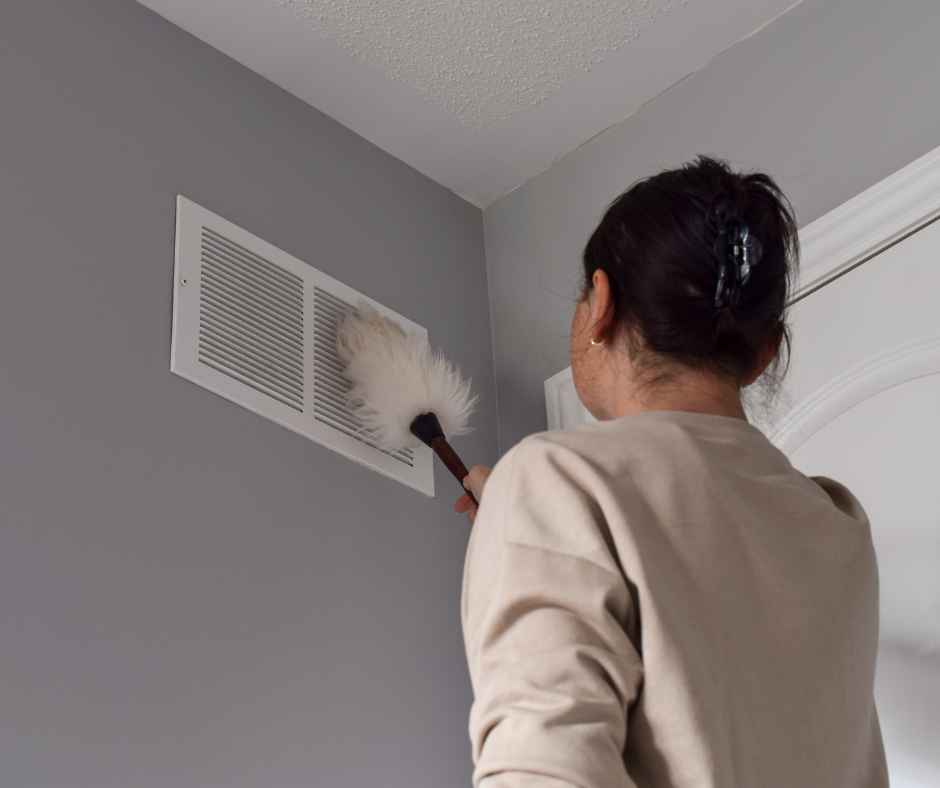
How to Clean Duct Vents
March 14, 2024
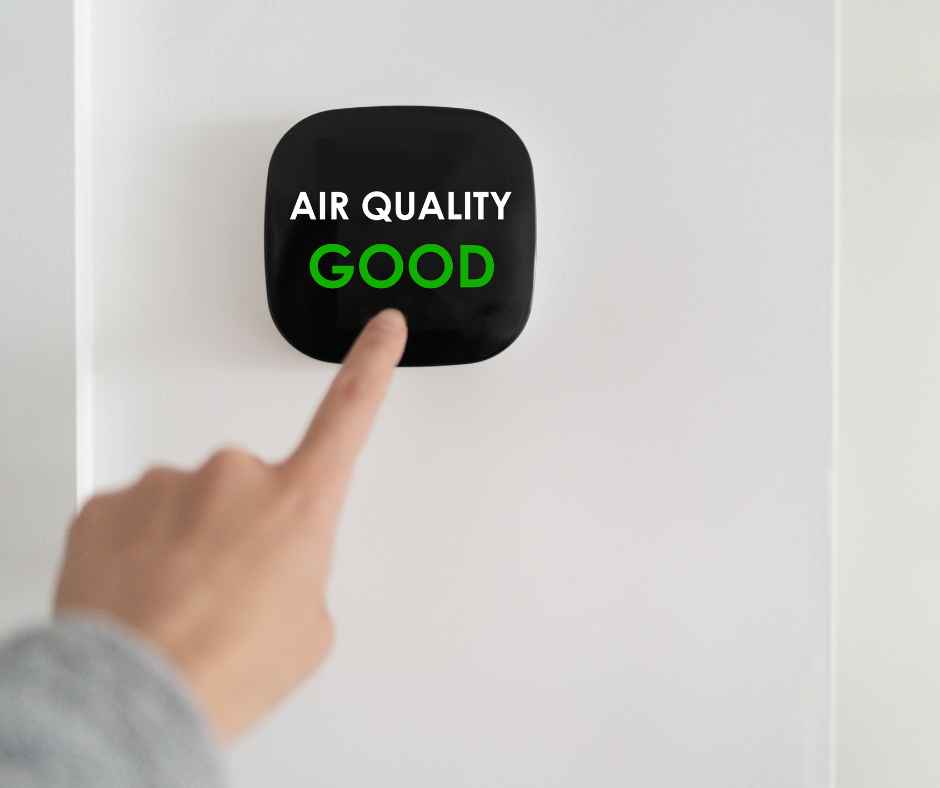
How to Test Indoor Air Quality
March 7, 2024
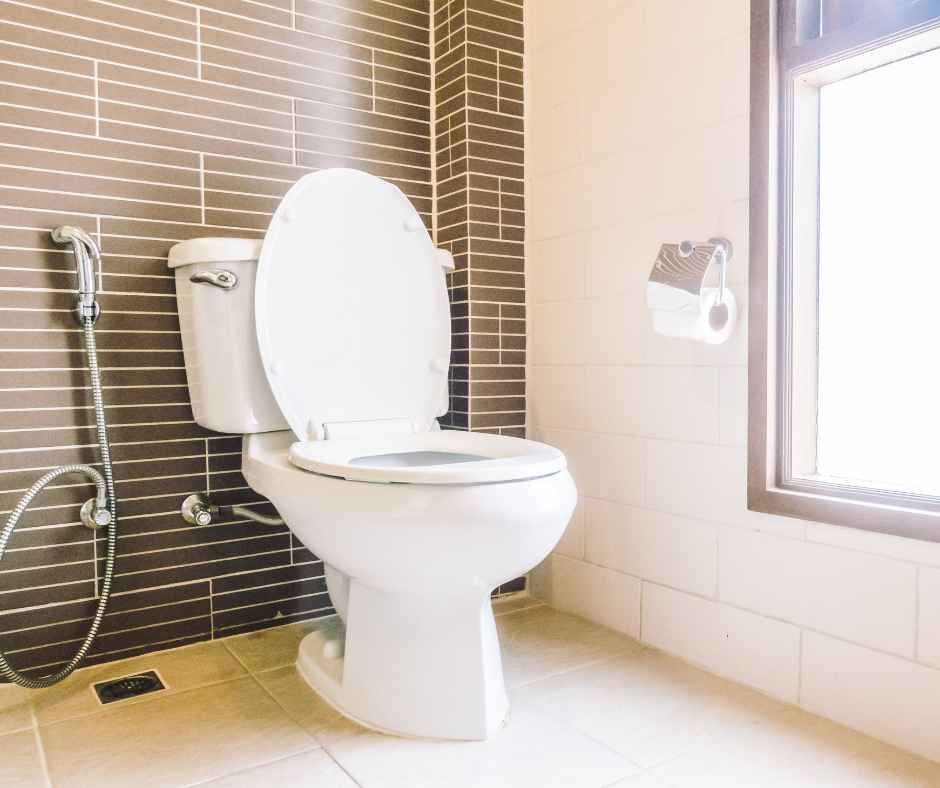
How to Fix a Running Toilet
February 14, 2024
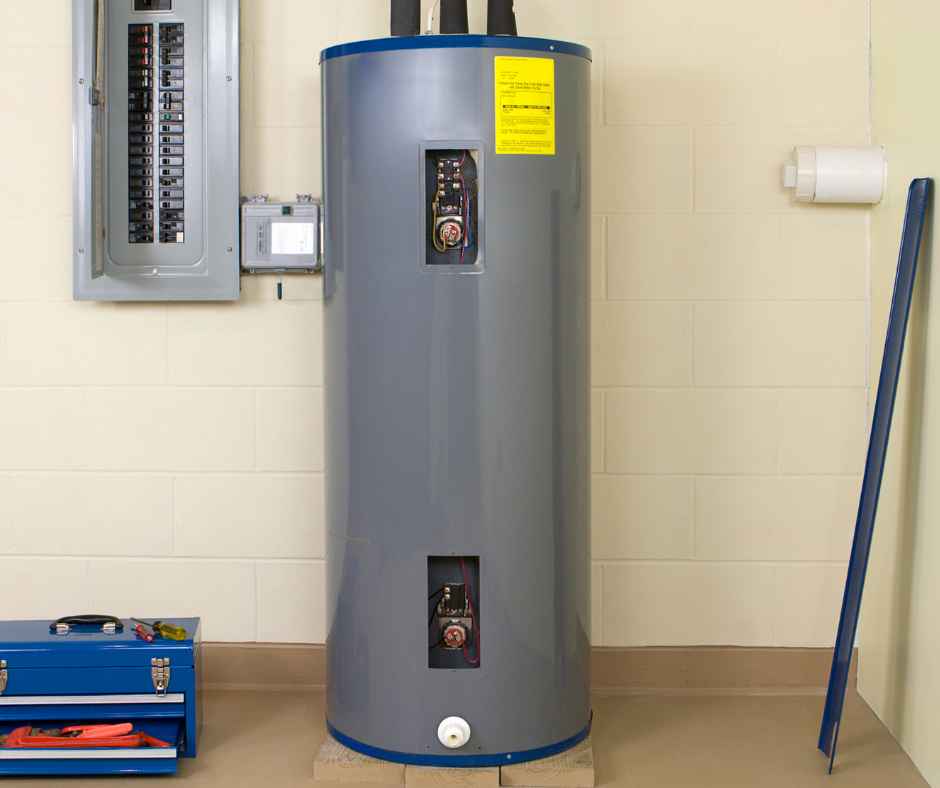
Why Is My Water Heater Making Noise?
February 8, 2024
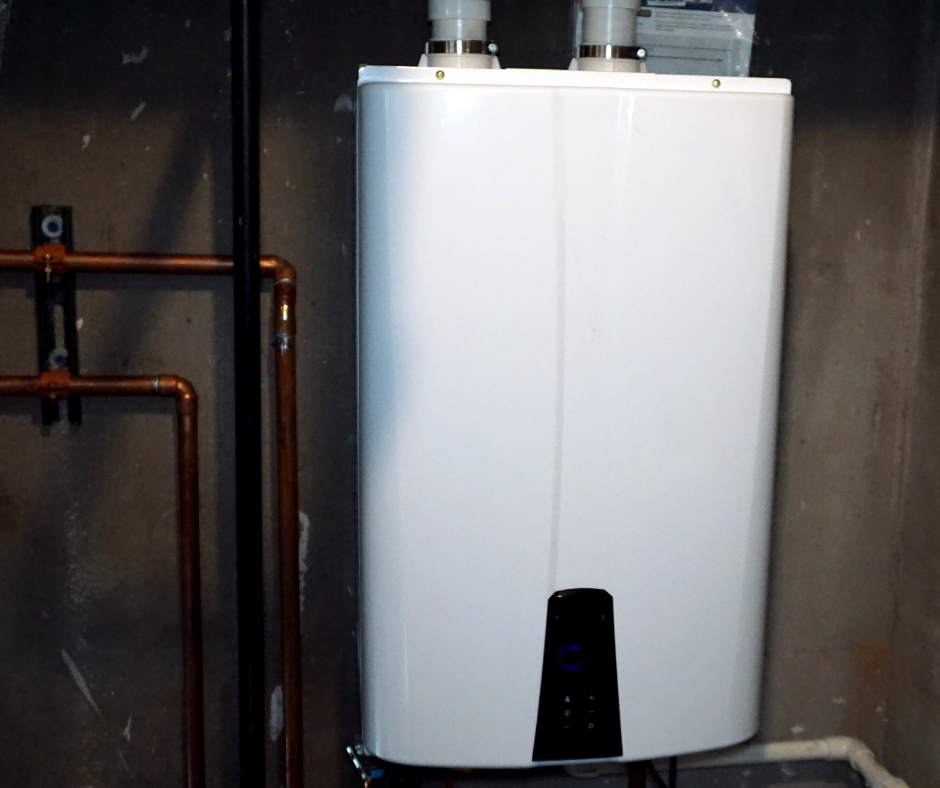
What is a Tankless Water Heater?
January 18, 2024
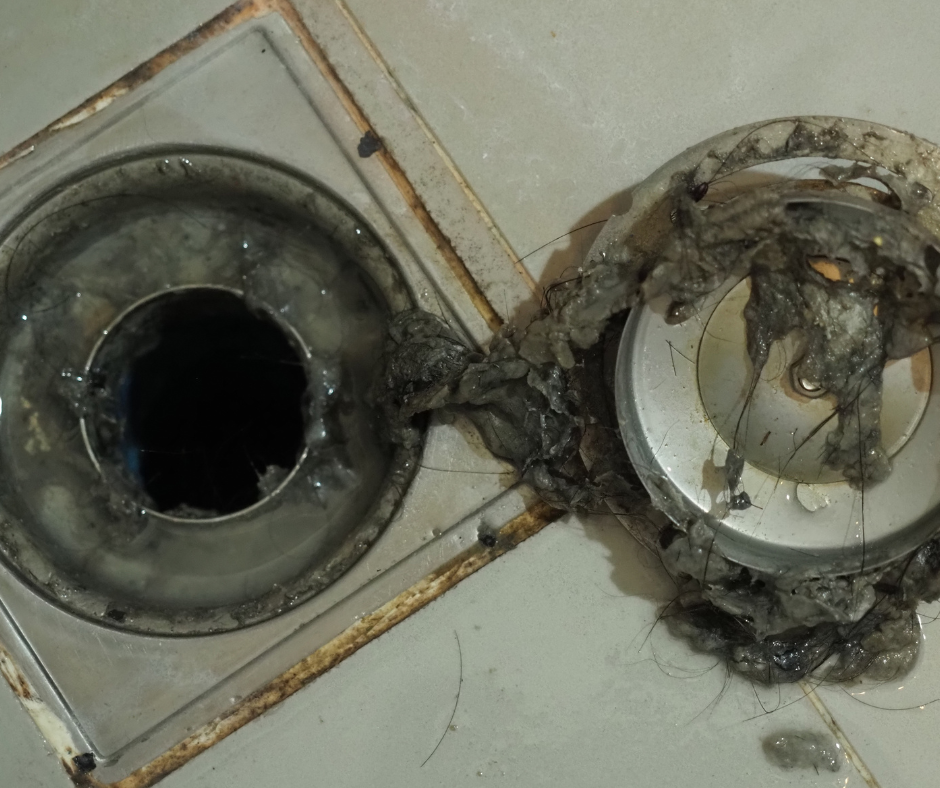
How to Prevent Grease Build Up in Pipes
January 10, 2024
